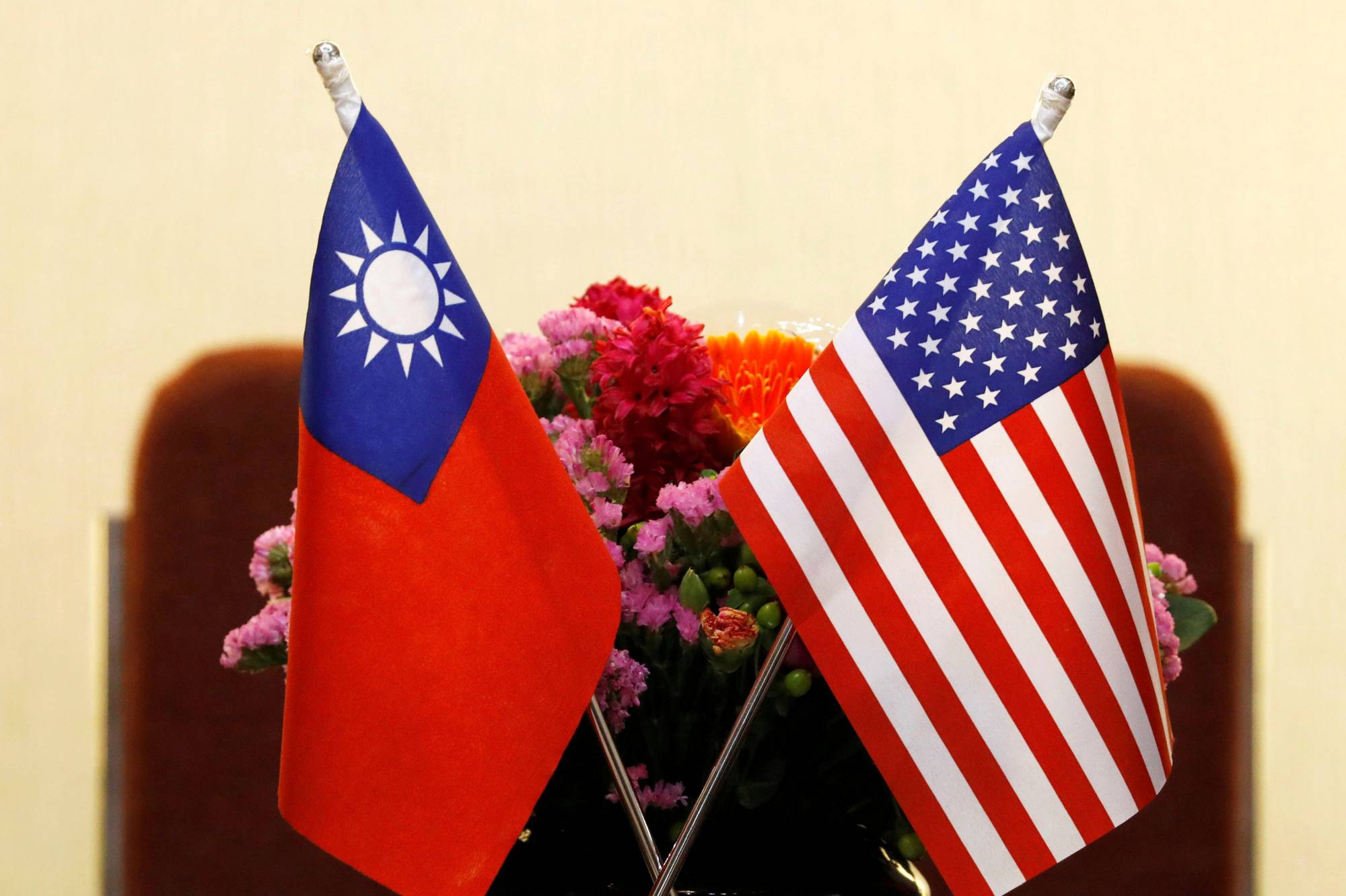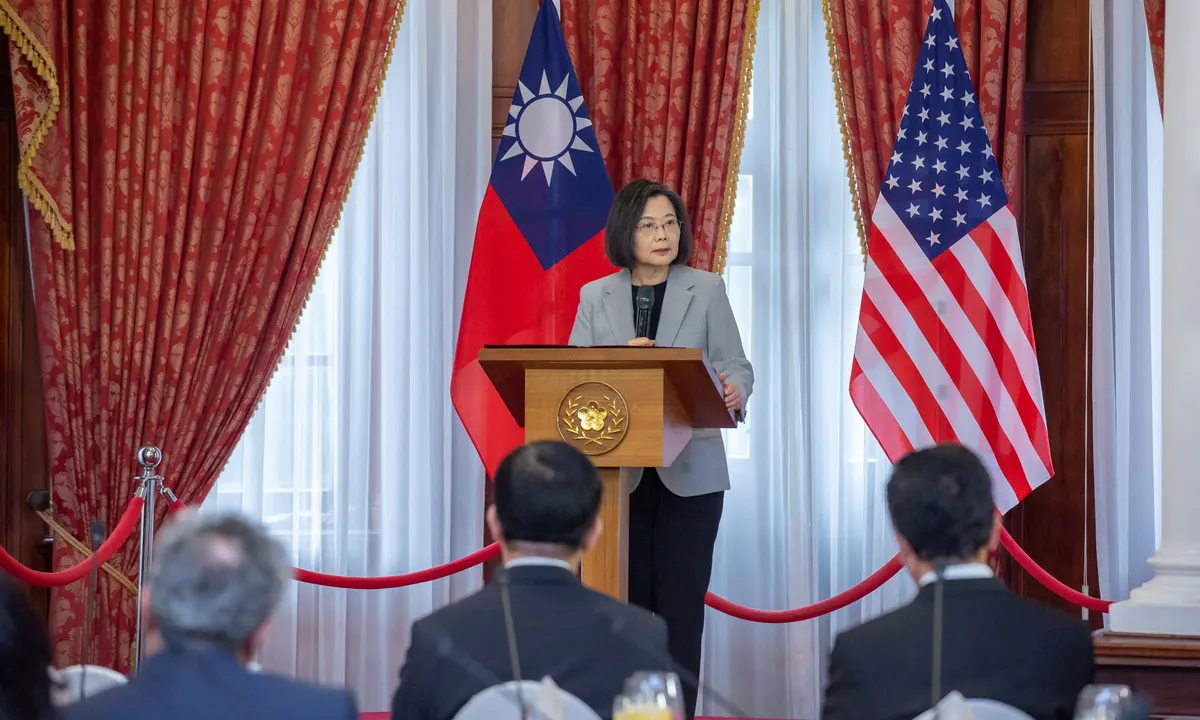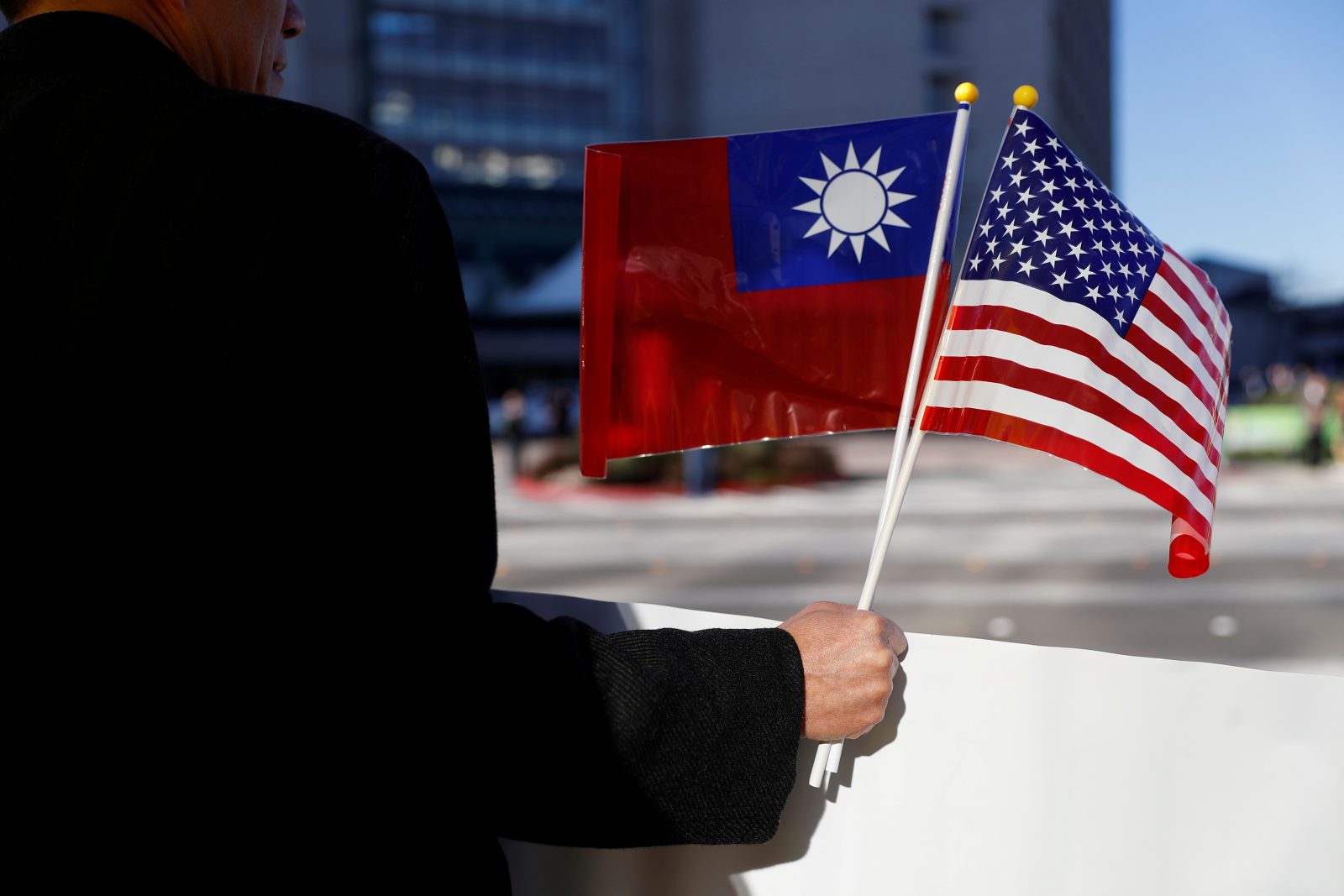Amidst global geopolitical tensions, Taiwan’s president Tsai Ing-wen has applauded the US Congress for passing a comprehensive foreign aid package, signaling a significant boost in support for the island nation.
The legislation, which encompasses aid for Ukraine, Israel, and Taiwan, has sparked backlash from China, highlighting the complex dynamics at play in the Asia-Pacific region.
The aid package, totaling $95 billion, has garnered attention for its provisions aimed at bolstering security and defense capabilities in key strategic areas. Notably, Taiwan stands to benefit from substantial funding allocated towards enhancing its military readiness and capabilities.
With $2 billion designated for the foreign military financing program and an additional $1.9 billion allocated for defense-related expenses, Taiwan and other regional partners are poised to strengthen their defenses against perceived Chinese aggression.
Billions for Defense Have Economic Implications for U.S. in Countering China

Furthermore, Taiwan’s inclusion in the aid package underscores its strategic significance as a key partner in the Indo-Pacific region. The US commitment to supporting Taiwan’s defense efforts reflects a broader strategy to counterbalance China’s growing influence and assertiveness in the region.
However, beyond the geopolitical implications, the aid package also has significant implications for the US economy.
A substantial portion of the funding, amounting to $3.3 billion, is earmarked for the domestic submarine-building industry. This investment aims to address delays in shipbuilding projects and bolster the US submarine industrial base.

Moreover, the aid package underscores the interconnectedness of national security and economic interests. By prioritizing domestic manufacturing and defense capabilities, the US seeks to not only enhance its military readiness but also stimulate economic growth and job creation.
With over 16,000 suppliers across all 50 states set to benefit from the submarine funding, the aid package serves as a catalyst for economic development and innovation.

In essence, the passage of the foreign aid package signifies a multifaceted approach to addressing global security challenges while simultaneously supporting domestic industries and economic growth.
As tensions persist in the Asia-Pacific region, Taiwan’s inclusion in the aid package reflects a strategic commitment to upholding stability and security in the face of evolving geopolitical dynamics.







Leave a Reply